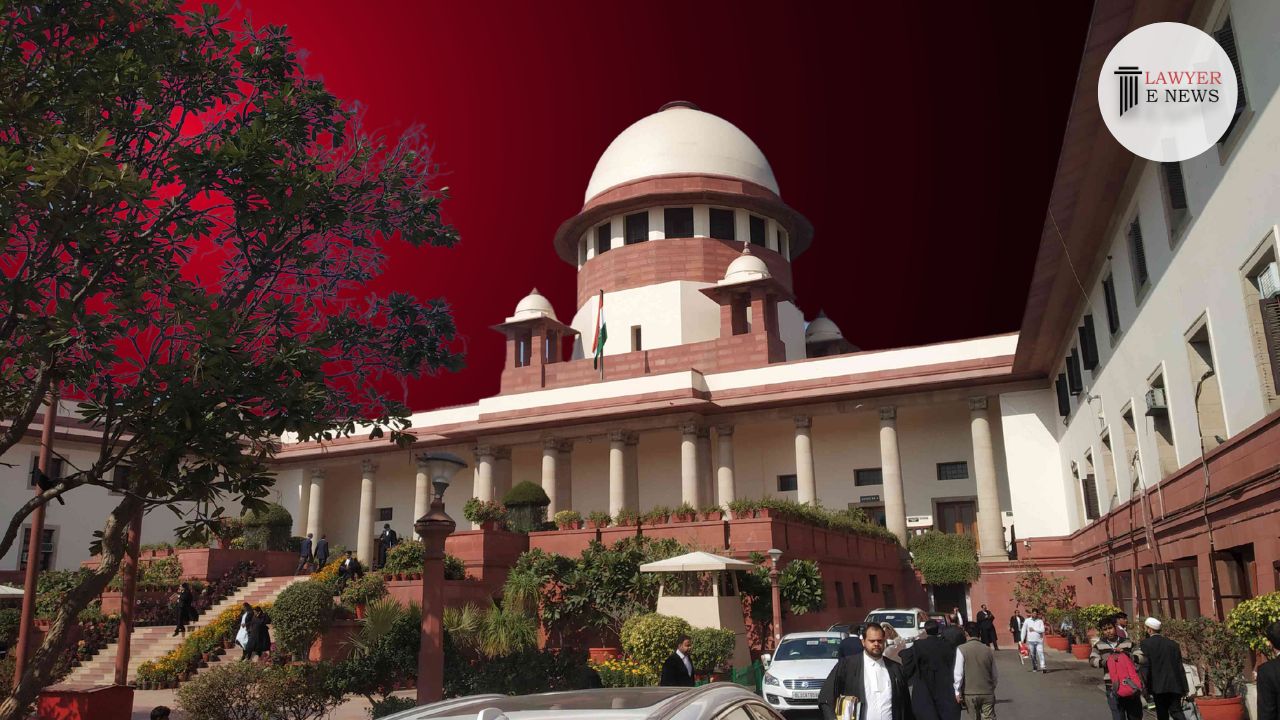-
by Admin
15 February 2026 5:01 PM



In a significant ruling, the Supreme Court, comprising Justices Abhay S. Oka and Ujjal Bhuyan, allowed the criminal appeals in the case of Ekene Godwin & Anr. v. State of Tamil Nadu, emphasizing the necessity of legal representation for a fair trial.
The core issue addressed was the violation of the right to a fair trial due to the absence of legal representation for the appellants during the examination-in-chief of prosecution witnesses. The bench scrutinized the conduct of the Trial Court under the provisions of Sections 419, 420 of the IPC, Sections 66, 43(J), and 66D of the IT Act, and Sections 242 of the CrPC and 138 of the Indian Evidence Act.
The appellants, prosecuted under various sections of the IPC and IT Act, faced trial without legal representation. The High Court had earlier rejected their bail application. The Supreme Court took cognizance of the unusual procedure adopted by the Trial Court in recording the examination-in-chief of 12 prosecution witnesses without legal representation for the appellants.
Justice Oka observed, "Before recording the examination-in-chief of the first prosecution witness, after finding that the appellants-accused had not engaged any Advocate, the Trial Court ought to have provided a legal aid Advocate." Highlighting procedural lapses, the Court noted the importance of an advocate's presence during the examination-in-chief for raising objections to inappropriate questions. The bench criticized the Trial Court for not seeking an extension from the High Court despite being constrained by a time-bound schedule, resulting in a hasty and irregular trial process.
Granting bail to the appellants, the Court mandated a re-trial (de novo) with proper legal representation. Stringent bail conditions were imposed, including the surrender of passports. The Supreme Court's directive for a fresh trial underscores the justice system's commitment to ensuring a fair trial, particularly in the context of legal representation.
Date of Decision: March 18, 2024
Ekene Godwin & Anr. v. State of Tamil Nadu
